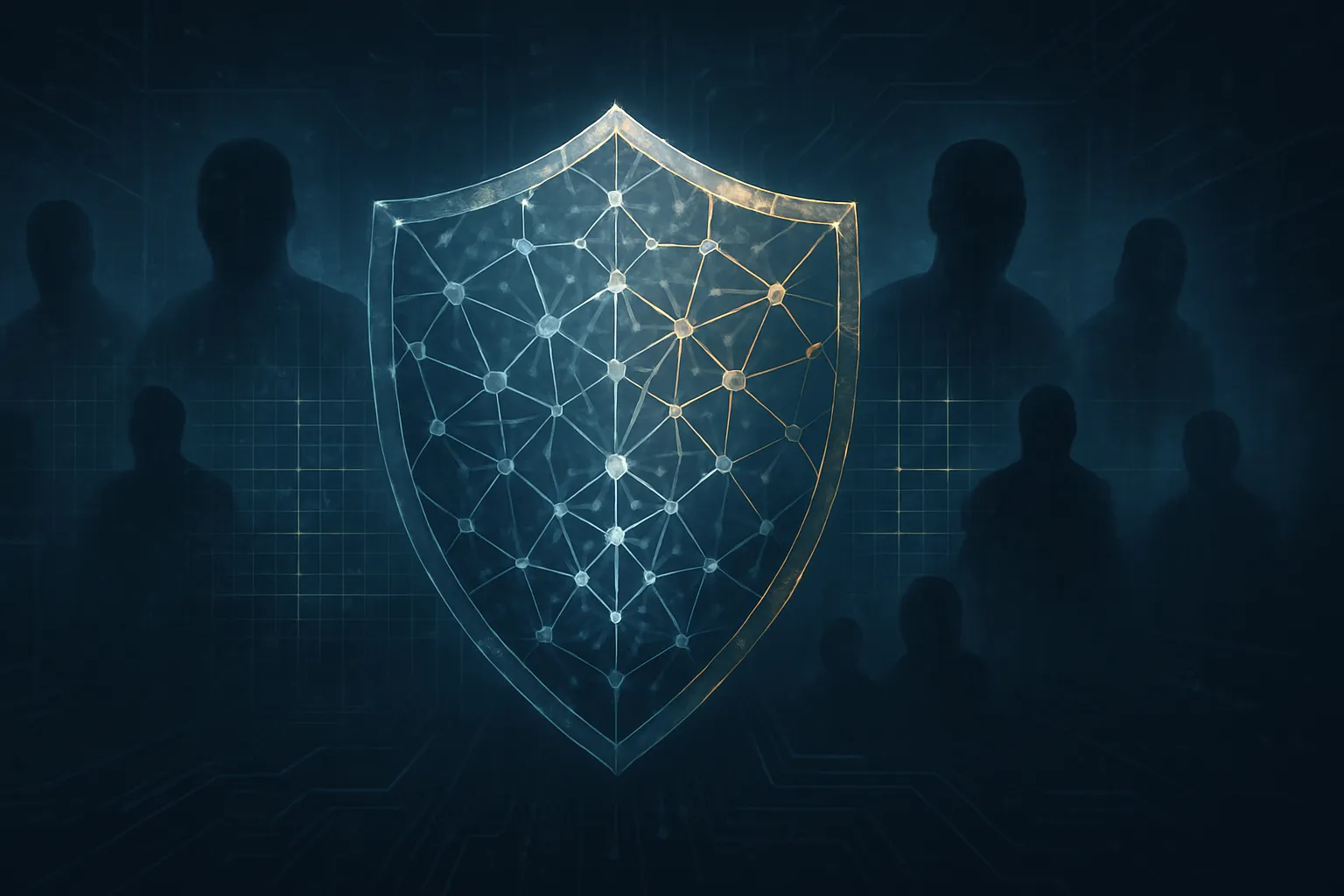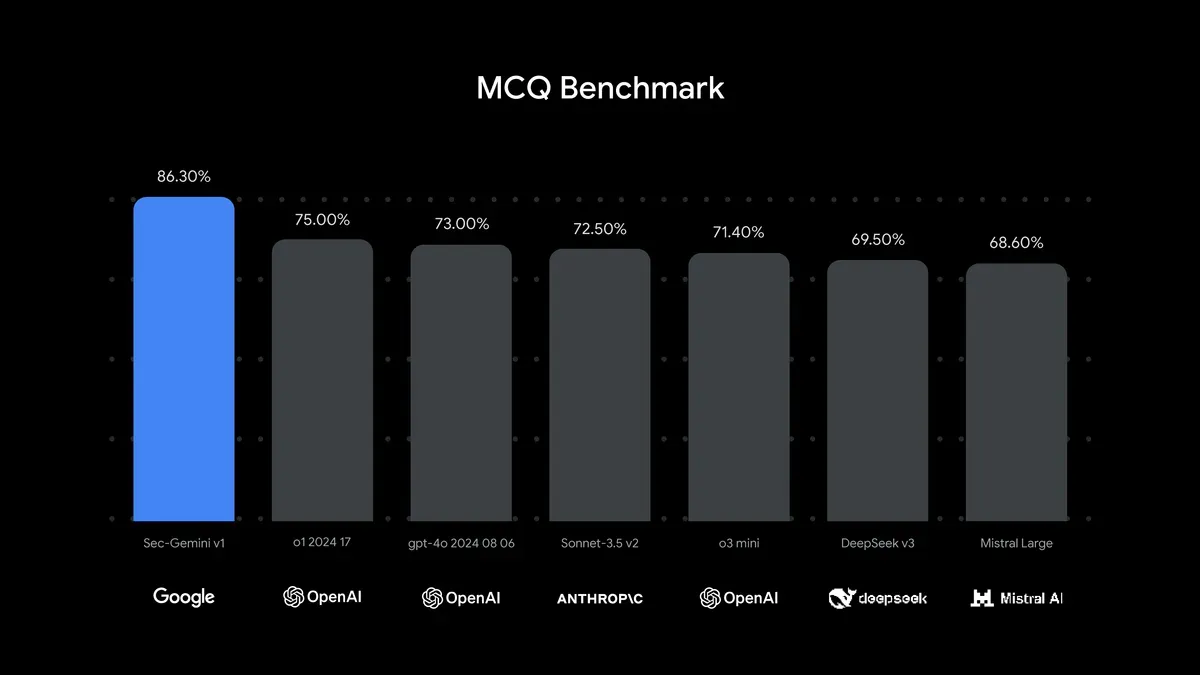Page Runs. Huang Shrugs. Shenzhen Ships.
San Francisco | January 7, 2026 Larry Page spent late December filing paperwork. Family office, flu research vehicle, aircraft startups, all
Google deploys a free AI tool designed to enhance security teams' ability to fight cyber threats. An inside look at its features.

The model tackles a fundamental problem in cybersecurity: defenders must protect against every possible attack, while criminals only need to find one weak spot. Sec-Gemini v1 helps level this playing field by combining Gemini's AI capabilities with real-time security intelligence.
The results are impressive. Sec-Gemini v1 beats other models by 11% on threat intelligence tests and tops root cause analysis benchmarks by 10.5%. It pulls this off by tapping into Google's threat intelligence database and vulnerability tracking systems.

Take the case of Salt Typhoon - when asked about this threat actor, Sec-Gemini v1 doesn't just identify it. The model provides detailed intelligence about the group's tactics and ties specific vulnerabilities to their known attacks. This helps security teams assess risks faster and more accurately.
Google isn't keeping this technology to itself. They're offering free access to select organizations, researchers, and security professionals. It's a smart move - improving cybersecurity requires collaboration across the industry.
The timing feels critical. As AI tools become more sophisticated, both defenders and attackers are racing to harness their power. Google's bet is that by giving security teams better AI tools now, they can help tip the balance toward defense.
Sec-Gemini integrates with key security databases like Google Threat Intelligence and OSV (Google's open-source vulnerability database). This means analysts get comprehensive answers that connect threats, vulnerabilities, and attack patterns in ways that were previously difficult to piece together.
Organizations interested in testing Sec-Gemini v1 can apply for early access through Google's website. The company emphasizes they're looking for partners who want to advance cybersecurity AI research and applications.
Why this matters:
Read on, my dear:
Get the 5-minute Silicon Valley AI briefing, every weekday morning — free.